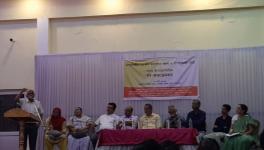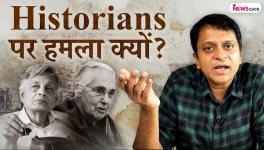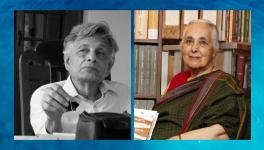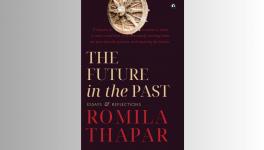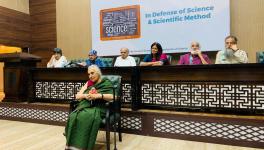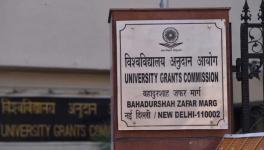The Right to be a Citizen
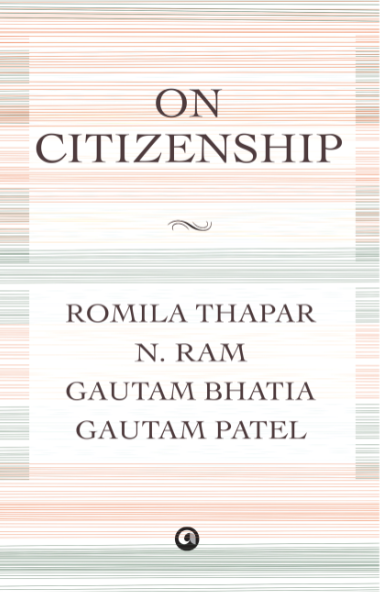
Image courtesy Aleph Book Company
In On Citizenship, four of India’s finest public intellectuals go deep into key aspects of what constitutes citizenship in India, an issue that has lately been the subject of furious public debate, as a result of controversial decisions by the government in power.
In ‘The Right to be a Citizen’, historian Romila Thapar explores how citizenship evolved in India and the rest of the world. In addition, she examines the rights of citizens and analyses the state’s duties towards its citizens.
The following is an excerpt from Thapar’s essay.
We gave ourselves a fine Constitution, we gave ourselves the Citizenship Act, 1955, and have discussed much else since. But perhaps what we have failed to do in this last half century is to press home the meaning of citizenship, both for those of the elite groups for whom the old privileges are thought to still prevail, and even more so for those who continue to think of themselves as the subjects of the state and not its citizens. The difference between the recent and the past has to be emphasized and made clear to both.
[…]
The citizen, privileged or not, cannot be dumb about the first priority—that of rights and duties. If we speak of social justice as a right, or liberty or the freedom of speech, then both those who govern and those who are governed have to understand what it means to have such rights and to respect them. Those who are governed have hardly had the chance to assert their rights in the last half century. There have been enough occasions when those who govern have set aside the rights of citizens. It would be salutary for members of parliament as politicians, and those in the various administrative services, and those in services supervising law and order, and even those who play the media, to know the difference between citizen and subject and understand that we are no longer subjects: we are citizens.
What does citizenship mean in a society mired in deep inequality? The question is being repeatedly asked these days when the functioning of our society is under searching discussion. Hopefully alternative policies to change the condition of the less privileged will be discussed seriously. There are certain minimum demands that citizens will now have to make as part of a harmonious relationship between the citizen and the state. The state must recognize that this harmony is crucial. There will be demands that will ensure living with dignity and there will be demands that will disallow the negation of the thinking person, as so often happens in our society. When the rights of citizens who come from elite sections of society can be so easily negated, the fear is all that much greater for what might happen to those less privileged.
This requires the reiteration of rights to food, water, and shelter at all times, and the right to healthcare and education, irrespective of whether the citizen is employed by the state or by a private agency. The state has to be responsible and should make whatever arrangement with the private agency that will ensure these rights. There has to be a guarantee that jobs cannot be closed down at short notice and that the salary for a stipulated period will be given and that the state will enforce this in the case of private employment. A society’s health can only be secured if there is a decent health service available to everyone. We cannot allow our public health service, even of the low level that it is, to be trod upon and decimated further by the private health service with its demands of high fees. Free primary education is essential if there is to be an improvement in the quality of training given to students so that jobs can be done properly, and that there is the right to freedom of thought and expression.
This is the absolute minimum for every citizen. These are not to be seen as the largesse from the kind heart of the state viewed as the patron. The state is no longer the patron since the citizen is the one who has established the state. These are rights that the state is required to provide. The right to free speech and social justice is crucial to all these rights as well, since it would underline the importance of the notion of rights. Citizenship incorporating these rights has to be explained to those that have only seen themselves as subjects, even if convincing them that they are entitled to these rights will be difficult, since they have not known that they have these essential rights.
This is an excerpt from Romila Thapar's essay in On Citizenship (2021) published by Aleph Book Company. Republished here with permission from the publisher.
Romila Thapar is Professor Emerita of History at the Jawaharlal Nehru University, New Delhi. She was elected General President of the Indian History Congress in 1983 and a Fellow of the British Academy in 1999. In 2008, she was awarded the prestigious Kluge Prize of the US Library of Congress which complements the Nobel in honouring lifetime achievement in disciplines not covered by the latter.
Get the latest reports & analysis with people's perspective on Protests, movements & deep analytical videos, discussions of the current affairs in your Telegram app. Subscribe to NewsClick's Telegram channel & get Real-Time updates on stories, as they get published on our website.












